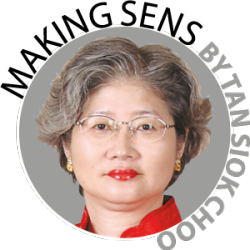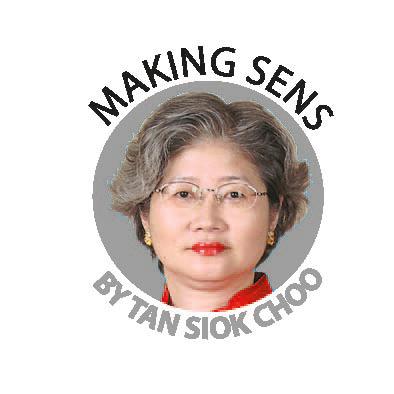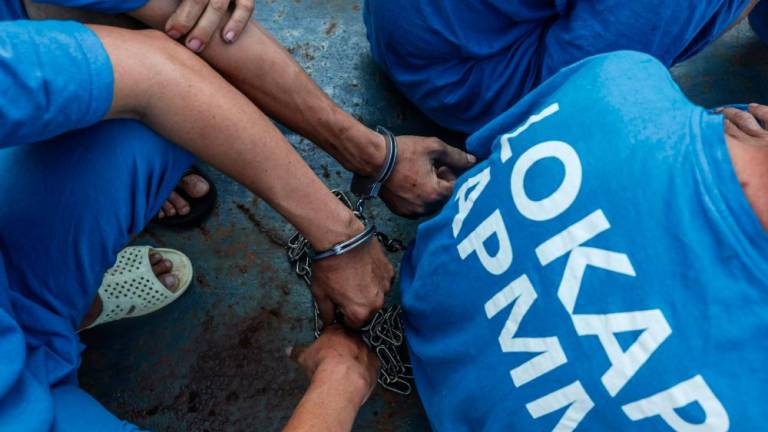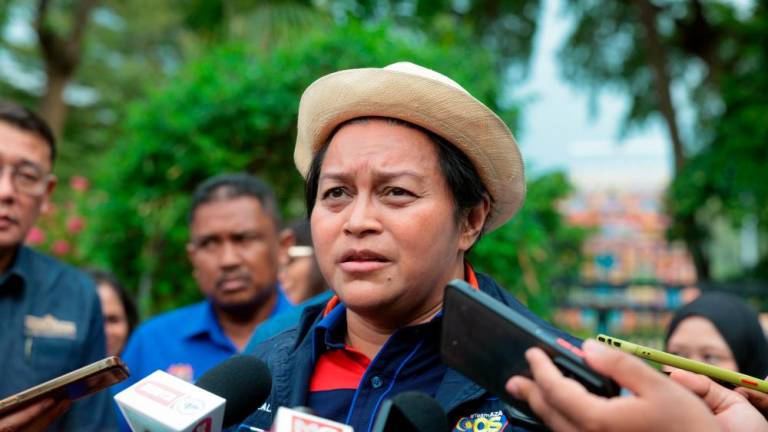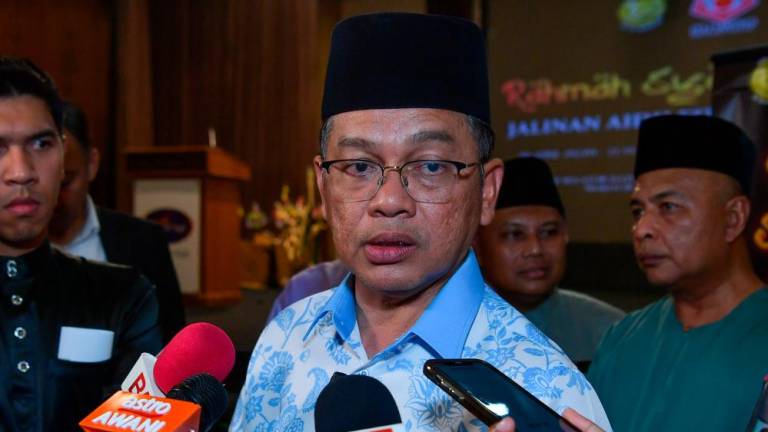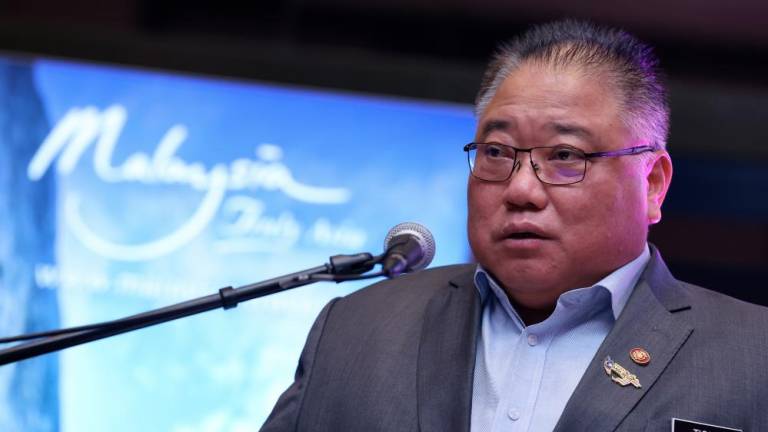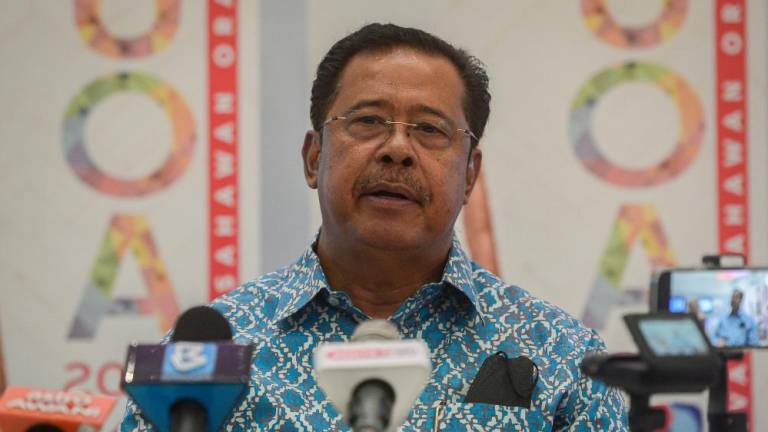DENIZENS of Hong Kong are renowned for pragmatism that enabled them to overcome crisis like the Severe Acute Respiratory Syndrome epidemic in 2003. Pragmatism is an endangered attribute possessed by thousands of Hong Kongers today.
In June this year, protests began against a proposed law enabling suspects in criminal cases in HK to be extradited to China. Although the extradition bill has been withdrawn, thousands of protesters remain unappeased.
Protesters’ demands now include the setting up of an independent commission to investigate the police’s use of force as well as direct elections for the Legislative Council and the chief executive. Newspaper reports suggest requests for direct elections – requiring constitutional action by China – are unlikely to be acceded.
Calls for the right to vote raise this question: Is universal suffrage a necessary precondition for economic freedom and economic growth?
For the past 24 years, HK has been ranked the world’s freest economy by the US-based Heritage Foundation and number one for economic freedom by Switzerland’s International Institute for Management Development.
HK protesters should acknowledge several economic realities.
Since Britain handed over the territory to the mainland in 1997, HK’s importance to China has diminished. In 1997, HK’s gross domestic product (GDP) comprised 18% of China. Today, the territory accounts for just 3% of China’s GDP, largely due to the republic’s phenomenal growth.
GDP is the total value of goods and services produced within a country in one year.
Nineteen weeks after the protests first began, has a turning point been reached?
For the first time last weekend, a homemade bomb was detonated by a mobile phone when a police car passed by in Mongkok, Kowloon. While the bomb caused no damage or injuries, its design required a higher degree of skill to manufacture, Russell Goldman and Tiffany May wrote in The New York Times (NYT).
In another first, a police officer was stabbed in the neck by a demonstrator last Sunday. Police said the veins in the officer’s neck were severed. Although he has undergone surgery, he remains in a serious condition, Goldman and May added.
Earlier this month, an 18-year-old student was shot in the chest by the police, the first time a demonstrator was hit by a live round. The student survived, Russell and May said.
Two developments may have helped reduce the turnout of protesters. First, a ban on face masks was imposed on Oct 4, a development that initially caused an upsurge of protests.
Second, damage to HK’s underground rail system, prompting its closure for repairs was another contributory factor.
Nevertheless, the prolonged protests have damaged HK’s economy, prompting economists to forecast a likely recession in the territory.
One sector badly affected is tourism, a major driver of HK’s economy and a traditional provider of many jobs.
China’s national day on Oct 1 is the start of a seven-day public holiday known as the Golden Week and a major revenue earner for HK’s tourism sector.
Visitors to HK during this year’s Golden Week plunged by 55%, hotel occupancy tumbled to roughly 60% from 91% earlier this year while retail sales dropped by 23% in August, the steepest decline on record, Andrew Jacobs wrote in NYT.
Aggravating the territory’s economic woes, protesters have vandalised outlets owned by individuals deemed supporters of China. Examples include restaurant group Maxims, an article by BBC said.
Another target was Best Mart 350 grocery stores headed by Hugo Lam Chi-Fung, the permanent honorary president of the Hong Kong Federation of Fujian Association. HK’s Fujianese community has been vocally supportive of HK’s police, the BBC added.
Protesters’ naivety was highlighted by calling for support from US President Donald Trump. The need to derail the Democrat-led impeachment inquiry in the House of Representatives over Trump’s attempts to pressure the Ukraine government to investigate political rival and former US Vice-President Joe Biden and his son, Hunter, suggests the US president is unlikely to respond positively.
One positive note is the protests didn’t prevent successful sales by the newly-privatised French-owned auction house Sotheby’s. Five days of auctions earlier this month generated HK$3.35 billion – 13% less than the HK$3.78 million generated by Sotheby’s April sale this year.
In this year’s October auction, five works were sold for over HK$100 million while two paintings generated stunning prices.
Sanyu’s painting titled Nu sold for a record-shattering HK$198 million, far surpassing the earlier auction record of HK$128 million. Meanwhile, Nara’s painting Knife Behind Back commanded HK$196 million, nearly five times the previous auction record set earlier that same day.
A dealer who had suffered declining business this year asked me this question: “Will you come back to Hong Kong?”
“Yes, I will,” I reassured him.
Opinions expressed in this article are the personal views of the writer and should not be attributed to any organisation she is connected with. She can be contacted at siokchoo@thesundaily.com



